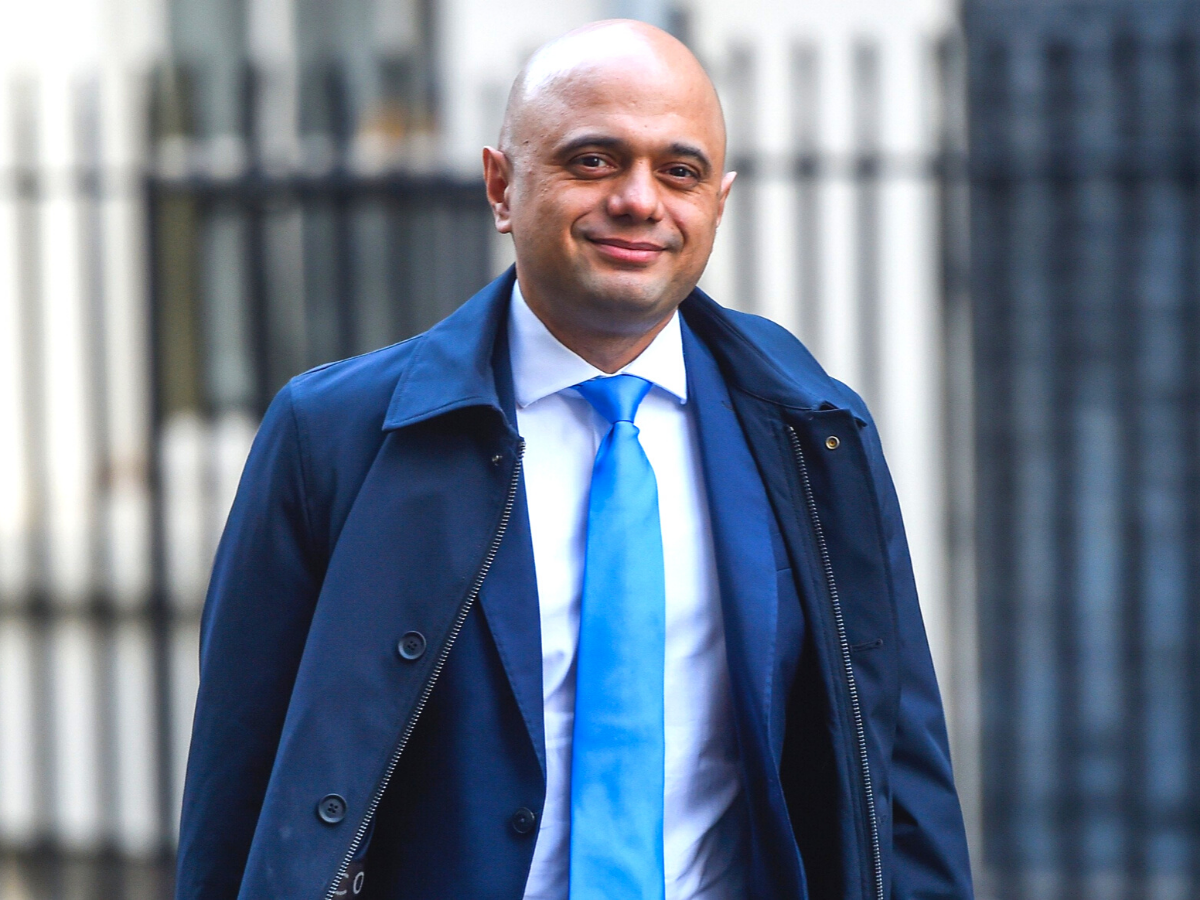Sajid Javid moved into an office with a very full in-tray. He was immediately faced with burnt out NHS staff, huge patient backlogs, and a society desperate to know when it can return to some semblance of normality. With ‘Freedom Day’ on the horizon it seems he may soon achieve the latter, but that is one comparatively small task on his enormous to-do list. The next task he’s set himself is to tackle the mental health of the nation with a new mental health plan.
Support for the mental health sector is sorely needed to address the backlog in demand caused by the pandemic.
What is Javid’s plan?
Speaking in the House of Commons on the 6th of July, Sajid Javid acknowledged that ‘one of the worst outcomes of all the restrictions …is the significant rise in depression and many other public health problems.’ These mental health impacts of lockdowns have been well documented over the past year, and it is likely that you or someone you know have felt them.
Javid has labelled improving mental health care as a matter of urgency:
‘We need to start to make tackling that much more of a priority now that we can move past what I hope is the worst of this pandemic. I want to come forward as quickly as I can with a new plan on mental health, to set out what more we can do not only to clear the backlog of cases, as it were — we need to put more effort and resources into that — but to look at what more we can do through investment in both skills and capital.’
Though Javid has laid out his intentions, he has given very little detail.
Whatever the particulars of his plans may be, they need to be flexible. One thing we have learnt from the pandemic is how rapidly and unexpectedly the situation can change. Additionally, we have seen how widely case rates can vary across the country which presents a challenge when creating policies:
‘There is a danger in trying to co-ordinate the challenges front line staff will face from national position. Services are different up and down the country with variations in bed base, local resources, the condition of the estate, variation in patient needs and workforce configuration.’
On top of this, there will also be differences in the availability of community care around the country.
The government provided the mental health sector with £500m of funding to help with the rise in demand for services during the pandemic, but it is worth noting that this was a one-off payment not expected to recur. Further funding will certainly be needed as recent analysis suggests that:
‘demand for mental health support will rise by about 10 million people over the next few years and we need to prepare now for this rising tide. That means taking immediate steps to prevent problems from escalating — for example, by helping schools to keep children safe and boosting support for young people — while also expanding services to meet growing needs from people who have been through trauma, grief and loss during the crisis.’
Tackling the backlog and improving the current state of the healthcare sector requires big picture thinking. It’s all too easy to fall into siloed thinking and focus on one singular aspect of the NHS at a time, but this would be a slow and ineffective process. Tackling issues one by one means having to constantly prioritise which risks leaving aspects of public health to suffer in favour of others.
The King’s Fund stated that ‘the abundance of data about acute hospitals and the resulting visibility of problems in this sector make it tempting for this to be the main focus for a Secretary of State. That would be a mistake and a failure to understand how connected different parts of the health and care system are.’
This interconnectedness exists within the health system and in our personal health – looking after the body helps look after the mind, and vice versa.
We have all seen the headlines about the 1.6million NHS operations that didn’t happen over the past year. Postponing or cancelling these operations will inevitably have had an impact on both the physical and mental health of those who were supposed to have them. This is a clear case in point of the knock-on effects one area of the healthcare system can have on the others.
Summary
Sajid Javid has announced the need for a new mental health plan but is yet to lay out the details of what this will look like. When reading through the minutes of the discussion in the House of Commons it is clear that the mental health of the nation is playing on the minds of many in government. A solid plan – requested by politicians and mental health practitioners alike – is expected over the coming months.
About the Author: Leo Hynett
Leo Hynett is a contributing Features Writer, with a particular interest in Culture, the Arts and LGBTQ+ Politics.
Recommended for you

Antidepressant Prescribing at Six-Year High
More people are taking antidepressants than ever. Is this a dark sign of the times or an indication that mental health stigma is changing?

Can AI be Used to Determine Cancer Recurrence?
When cancer patients go into remission, they often worry about it coming back. AI can now help identify those at risk of cancer recurrence.

Pegasus – Still a Threat to the UK?
The notorious Pegasus spyware has been misused to exploit vulnerabilities in devices, even those kept within the walls of Number 10.
Trending

Drug Decriminalisation: Could the UK Follow Portugal?
Portugal’s drug decriminalisation has reduced drug deaths and made people feel safe seeking support. Would the UK ever follow suit?

Calling All Unvaccinated UK Adults
With Covid cases rising, the NHS is urging the 3 million UK adults who remain unvaccinated to come forward.




